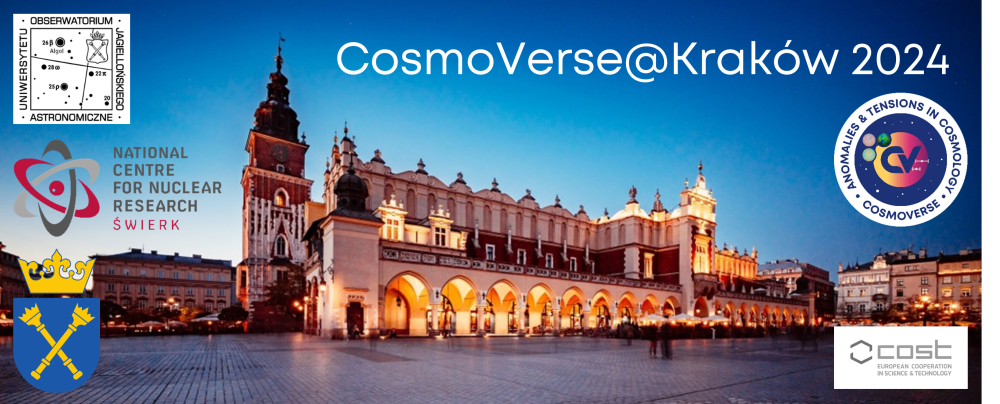Speaker
Description
Classical LSS probes of growth rate/gravity relies on clustering statistics, RSD and lensing. Most observables related to those techniques suffer from various biases and degeneracies. To the most severe problems include: theoretical bias related to the way how the signal is modelled and extracted and baryonic effects leading to degeneracy of the clustering strength signal with the efficiency of various galaxy formation processes.
I will discuss some non-standard probes (including peculiar velocities and clustering amplitudes) and their combination that can be used for cross-correlating with standard probes to estimate the unknown systematic errors. This opens an avenue to mitigate mentioned problems and used better accuracy for cosmological constraints on gravity and the growth-rate. Using non-standard probes offers also an unique way for a cosmology self-consistency test of the current data sets. Such tests can significantly help in hunting of unknown systematics - a crucial topic in the context of existing observational tensions in the LCDM (like S8 and H0 tensions).

